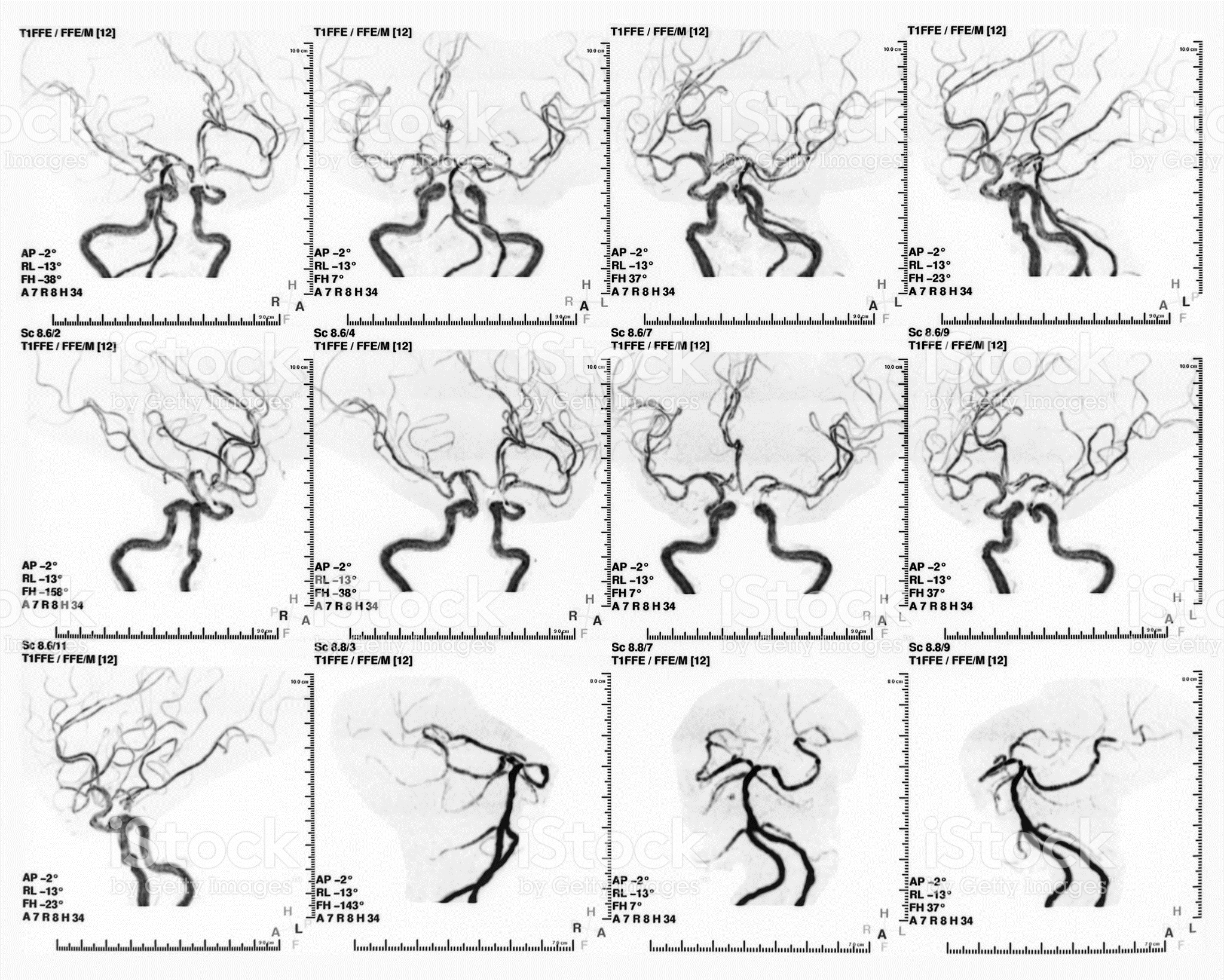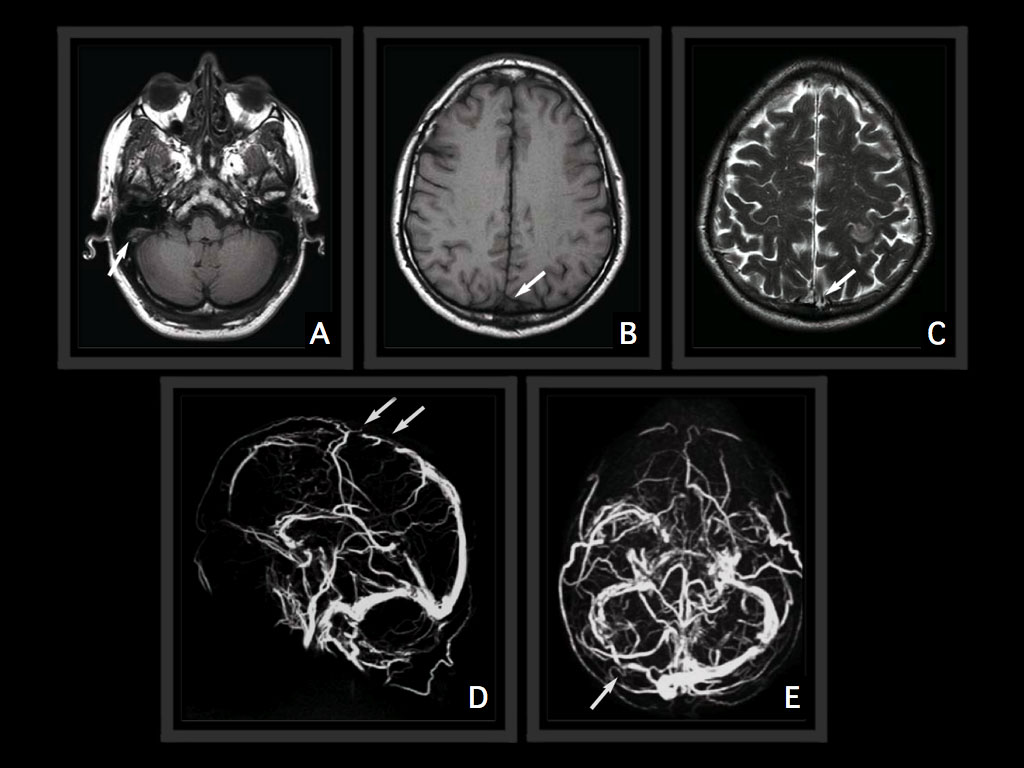 MR angiography (MRA) is an MRI study of the arteries. It utilizes MRI technology to detect, diagnose and aid the treatment of heart disorders, stroke, and arterial diseases. MRA angiography may or may not require an intravenous (I.V.) injection, depending on the exam ordered by your physician.
MR angiography (MRA) is an MRI study of the arteries. It utilizes MRI technology to detect, diagnose and aid the treatment of heart disorders, stroke, and arterial diseases. MRA angiography may or may not require an intravenous (I.V.) injection, depending on the exam ordered by your physician.
MRA/MRV
MRA or Magnetic Resonance Angiography and MRV or Magnetic Resonance Venography are both performed using our High-field MRI technology. Using our 16-channel high definition system will optimize this specific anatomical area for best results.
Our Commitment
- Same Day Scheduling / Appointments
- WET Reads/STAT Reads in 2-4 hours
- Online Film/Report viewing for Physicians
- Onsite Radiologists
- Late Hours/Appointments
- Creatinine Testing Onsite
- Friendly and Helpful Staff
- ACR Accredited Machines
- Certified Technologists
- Complimentary Film/CD Delivery to Physicians
What are some of the common uses of this procedure?
- Many patients with arterial disease now have it treated in the radiology department rather than undergoing surgery in an operating room. MRA is a very useful way of finding problems with the arteries and determining how to best to treat those problems.
- The carotid arteries in the neck that conduct blood to the brain are a common site of atherosclerosis, which may severely narrow or block off an artery, reducing blood flow to the brain and even causing a stroke. If an ultrasound study shows that such disease is present, many surgeons will perform the necessary operation after confirmation with MRA, dispensing with the need for catheter angiography.
- MRA has been very useful in diagnosing patients for diseased intracranial (in the head) arteries, so that only those with positive findings will need to undergo a more invasive catheter study.
- MRA is also used to detect disease in the aorta and in arteries supplying the kidneys, lungs and legs.
- Patients with a family history of aneurysms, a ballooning out of a segment of the arterial wall, can be screened with MRA to see if they have a similar disorder that has not produced symptoms. If an aneurysm is found, it may be eliminated surgically, possibly avoiding serious or fatal bleeding.
MRA helps your physician diagnose the following conditions:

- Bulges in your aorta, called aneurysms.
- Tears in your aorta, called dissections.
- Problems with your heart that you may be born with, called congenital heart disorders.
- Narrowing of the arteries in and around your kidneys, called renal artery stenosis.
- Inflammation in your blood vessels, called vasculitis.
- Hardening of the arteries, called atherosclerosis.
- Blockages in the major arteries that supply blood to your brain, called carotid artery disease.
